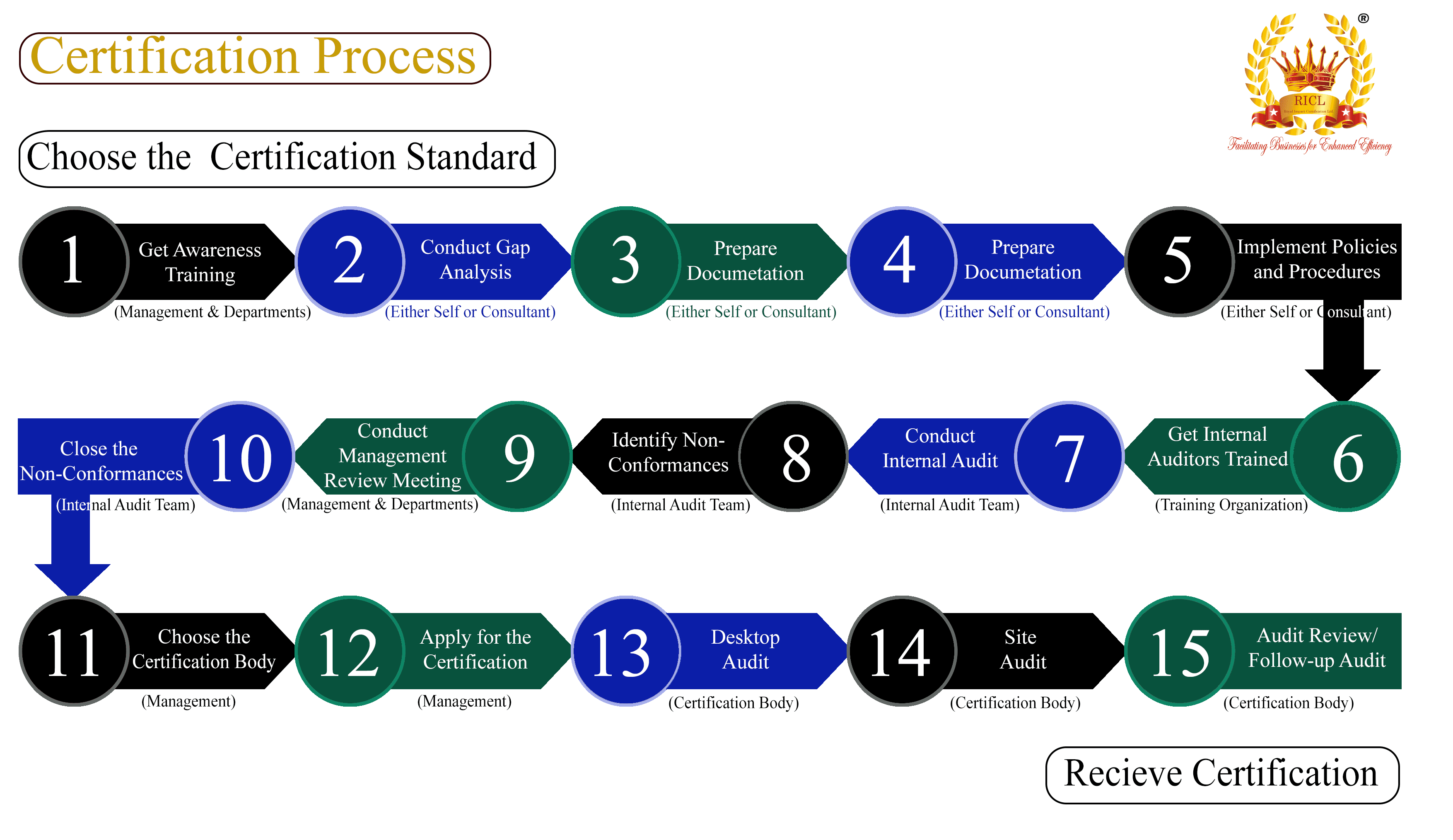
C-TPAT
C-TPAT (Customs-Trade Partnership Against Terrorism) is a voluntary supply chain security program led by U.S. Customs and Border Protection (CBP) and is primarily focused on improving the security of private companies’ supply chains with respect to terrorism.
C-TPAT was launched in November 2001, with the aim of safeguarding the world’s vibrant trade industry from terrorists, maintaining the economic health of the U.S. and its trading partners. The initiative seeks to strengthen international supply chains and improve United States border security. Here’s a closer look at the program:
Voluntary Participation: Companies choose to participate in C-TPAT and, by doing so, agree to work with CBP to protect the supply chain, identify security gaps, and implement specific security measures and best practices.
Benefits: Participants in C-TPAT can enjoy a variety of benefits, including a reduced number of CBP examinations, priority processing for CBP inspections, eligibility for other U.S. Government pilot programs, and potential expedited shipment processing.
Criteria and Security: Companies must enhance several aspects of their supply chain security practices, including procedural security, physical security, personnel security, education and training, access controls, and the conveyance of security. These enhancements are designed to thwart unauthorized access to cargo and protect against the introduction of unauthorized material and persons.
Certification and Validation: To become C-TPAT certified, companies must first submit a comprehensive application to CBP that includes a self-assessed security profile. Once certified, the company undergoes a validation process in which CBP auditors verify the accuracy of the security measures and procedures outlined in the application.
Collaboration: C-TPAT emphasizes the collaborative aspect of security, encouraging companies to work together with their business partners across their supply chain to ensure that relevant security measures are applied throughout.
Global Impact: Although a U.S.-initiated program, C-TPAT has a global impact as it involves international supply chains. It aligns with the security requirements of foreign customs administrations and international security standards, thereby enhancing the security practices of international trade as a whole.
C-TPAT represents a critical aspect of the U.S. government’s national security initiatives, making it not just a regulatory compliance measure but also a strategic business consideration for international trade businesses.

C-TPAT (Customs-Trade Partnership Against Terrorism) encompasses a wide range of industries that participate to secure their international supply chains. Here are the industries that can benefit from participating in the C-TPAT program:
- Automotive manufacturing and supply
- Electronics manufacturing
- Pharmaceuticals
- Textile and apparel manufacturing
- Footwear manufacturing
- Toy manufacturing
- Industrial machinery
- Chemical manufacturing
- Consumer goods manufacturing
- Furniture manufacturing
- Food and beverage production
- Agriculture and produce
- Oil and gas industry
- Mining and minerals processing
- Aerospace and defense
- Medical devices and supplies
- Retailers and wholesalers
- E-commerce businesses
- Transportation and logistics
- Freight forwarding and customs brokerage
- Maritime shipping
- Air freight carriers
- Railway operators
- Trucking and road transport
- Warehouse and distribution centers
- Third-party logistics (3PL) providers
- Importers and exporters
- Technology companies
- Jewelry manufacturing
- Building materials suppliers
- Paper and packaging industry
- Energy sector
- Telecommunications equipment manufacturers
- Printing and publishing
- Waste management and recycling
- Furniture and home decor
- Sporting goods manufacturers
- Musical instruments manufacturing
- Cosmetics and beauty products
- Plastic and rubber manufacturing
- Metal manufacturing and processing
- Construction and engineering
- Health and personal care products
- Tobacco industry
- Glass manufacturing
- Ceramic products manufacturing
- Leather goods manufacturing
- Fishing and seafood industry
- Dairy product production
- Condiments and seasoning manufacturing
[WPSM_AC id=5565]
[formsapp id=”662f63f6c4dd546c9916c3db”]
